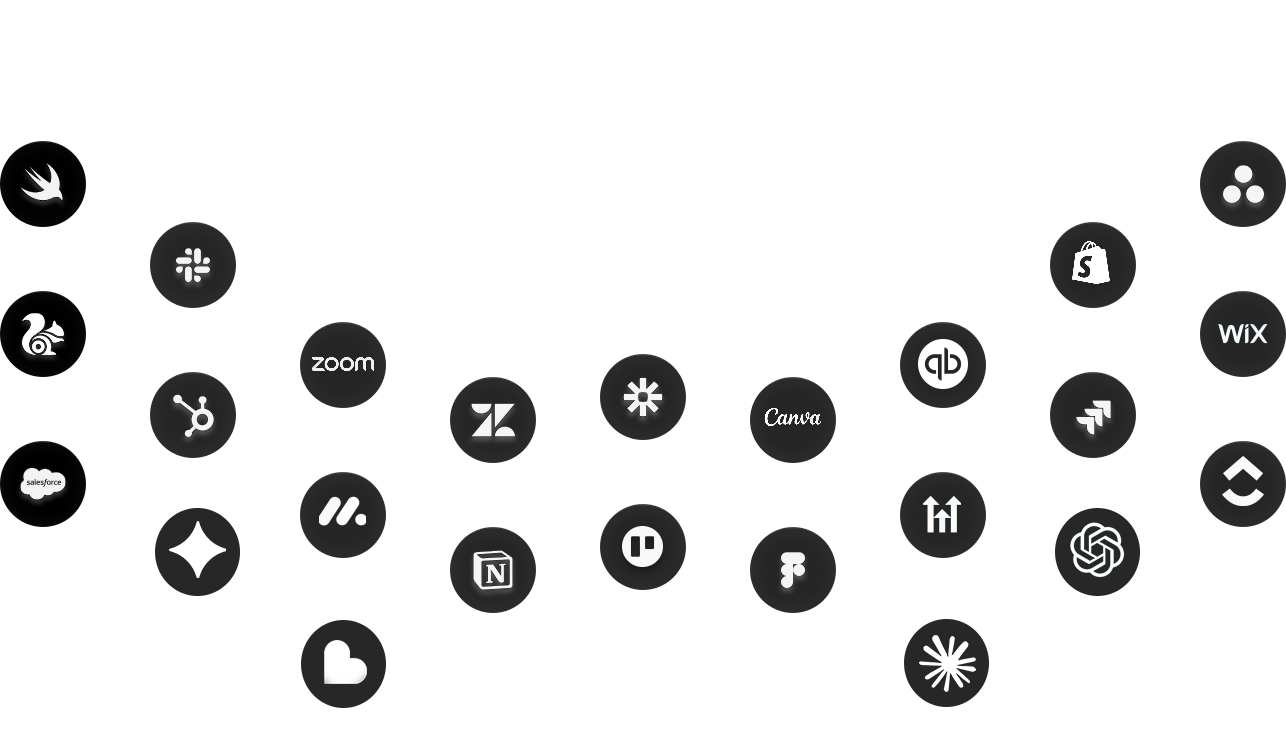
The best executive assistants and marketing associates free up 40+ hours per week, so you can focus on high-leverage work.



Get Talent with US Business Experience



Meet Your Future Team Members
Leah H.
Four years of expertise, aiding founders and firms to stay on track, managing their emails, tasks, calendars, trips, and projects efficiently.
Veronica T.
Nine years in digital marketing, skilled in social media management across various platforms, graphic design, and video/podcast editing.
Mariah A.
Executive assistant skilled in social media management and distribution. Also manages inbox, calendar, and work/personal projects.
How Coconut works:
Hire for any position and pay month-to-month
They Said it Best:
Frequently
asked questions
Coconut offers two ways to hire top offshore talent:
Managed – We recruit, onboard, and manage talent directly on your behalf. You pay a flat monthly rate and we handle everything.
Direct Hire – We help you source and vet top candidates, but you hire and manage them directly. Ideal for founders who want to build their own remote team with fewer long-term fees.
You can hire a team member in as little as 2 weeks with our streamlined process.
No, you can hire directly or be on a month-to-month subscription after going through a trial. No long term commitments.
Clients typically save 50–70% compared to U.S.-based hires for similar roles.
If you go the Direct Hire route, you'll pay a one-time fee (starting at $3k), and the ongoing monthly cost of the hire is yours to manage—often saving even more over time.
A benefit of working with Coconut is we have a satisfaction guarantee. We offer flexible terms and will quickly find a replacement at no additional cost.
Our team members have extensive experience, including US business experience and strong communication skills.
Just fill out a short intake form and we’ll schedule a kickoff call.
We’ll match you with the best option for your needs—Managed (done-for-you) or Direct Hire (you manage them). From there, we move fast to present top talent within days.
Yes, our team members can work in various time zones to align with your business hours.
Our team members are proficient with the latest tools and platforms relevant to their roles, including CRM systems, marketing automation, customer support software, and project management tools.
Secure your spot and have top remote professionals ready to join you.
































































.webp)
.png)








